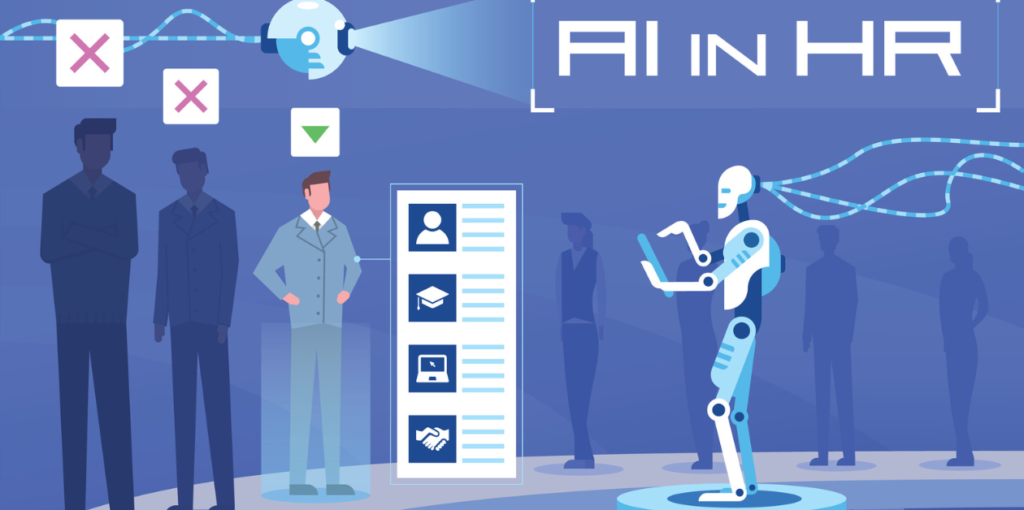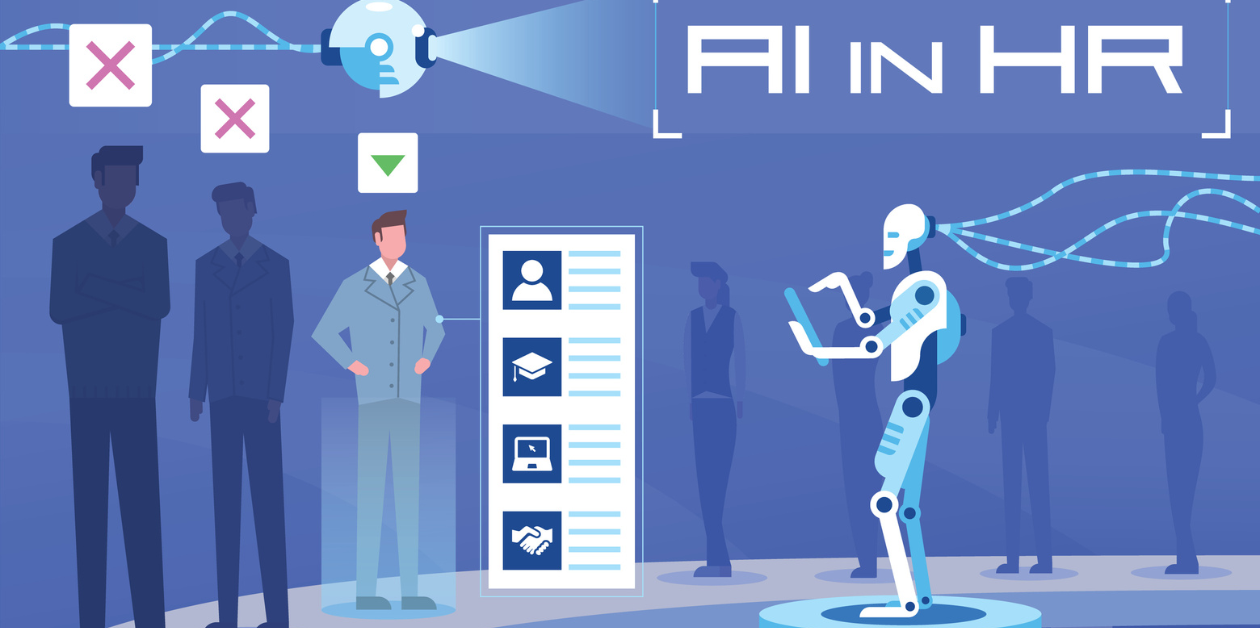The Challenges of Traditional Candidate Assessment Methods
Traditional candidate assessment methods, such as manual resume screening and in-person interviews, have long been the standard in the hiring process. However, these methods come with several challenges that can hinder the efficiency and effectiveness of talent acquisition:
- Time-consuming and resource-intensive: Manually reviewing resumes and conducting interviews requires significant time and effort from HR professionals and hiring managers, leading to longer hiring cycles and increased costs.
- Potential for human bias and subjectivity: Despite best efforts, human decision-makers may unknowingly introduce biases based on factors such as age, gender, or ethnicity, leading to unfair assessments and missed opportunities for qualified candidates.
- Difficulty in assessing soft skills and cultural fit: Traditional methods often focus on hard skills and experience, making it challenging to evaluate a candidate’s soft skills, such as communication, teamwork, and adaptability, which are crucial for success in many roles.
As the job market becomes increasingly competitive and the volume of applicants grows, companies are recognizing the need for more efficient and objective solutions to streamline their hiring processes and identify the best talent. This is where AI recruitment offers a powerful alternative.

The Rise of AI in Candidate Assessment
Artificial intelligence (AI) and machine learning technologies have emerged as powerful tools in the world of HR and recruitment. AI-powered candidate assessment tools are being increasingly adopted by companies worldwide, offering a range of benefits:
- Streamlining the hiring process: AI can automate time-consuming tasks, such as resume screening and initial candidate engagement, allowing HR professionals to focus on higher-value activities.
- Improving candidate quality: By objectively analyzing candidate data and identifying key attributes associated with success, AI can help companies identify the most promising candidates and make data-driven hiring decisions.
- Reducing bias and promoting diversity: AI algorithms can be trained on diverse and representative data sets, helping to minimize human bias and ensure a more inclusive and equitable assessment process.
As the adoption of AI in candidate assessment continues to grow, it is transforming the way companies approach talent acquisition and enabling them to make more informed and strategic hiring decisions.
AI-Powered Resume Screening
One of the most significant applications of AI in candidate assessment is automated resume screening. Using natural language processing (NLP) techniques, AI algorithms can parse and analyze resumes, identifying key skills, experience, and qualifications relevant to the job:
| Feature | Benefit |
|---|---|
| Keyword extraction | Identifies relevant skills and experience |
| Semantic analysis | Understands the context and meaning of resume content |
| Candidate ranking | Scores and ranks candidates based on job requirements |
By automating the initial screening process, AI can quickly eliminate unqualified candidates and surface the most promising prospects, saving time and resources for HR teams.
Intelligent Chatbots and Virtual Interviews
AI-powered chatbots and virtual interviews are revolutionizing the way companies engage with candidates and assess their suitability for a role:
- Chatbots for initial screening: Intelligent chatbots can interact with candidates, asking questions about their experience, skills, and qualifications, and providing information about the company and the role.
- Virtual interviews for in-depth assessment: AI-powered virtual interview platforms can conduct structured interviews, analyzing candidate responses, facial expressions, and body language using computer vision and NLP techniques.
- Objective and consistent evaluation: AI algorithms can provide a more objective and consistent assessment of candidates, reducing the potential for human bias and ensuring a fair evaluation process.
By leveraging AI in the initial stages of candidate engagement and assessment, companies can gain valuable insights into a candidate’s suitability and make more informed decisions about moving them forward in the hiring process.
Predictive Analytics for Candidate Success
AI-powered predictive analytics is another area where machine learning algorithms can provide significant value in candidate assessment. By analyzing historical data, including resumes, assessments, and employee performance metrics, predictive models can identify key attributes and patterns associated with successful hires:
- Identification of success factors: Predictive models can uncover the specific skills, experiences, and characteristics that are most predictive of success in a given role.
- Improved candidate selection: By applying these insights to the assessment process, companies can make more informed hiring decisions and select candidates with the highest likelihood of success.
- Reduced turnover and increased retention: Predictive analytics can also help identify candidates who are more likely to stay with the company long-term, reducing turnover costs and improving overall workforce stability.
As companies continue to embrace data-driven decision-making in their hiring processes, predictive analytics will play an increasingly important role in candidate assessment and talent management.
Addressing Concerns and Ethical Considerations
While the benefits of AI in candidate assessment are clear, it is important to acknowledge and address the potential concerns and ethical considerations surrounding its use:
- Potential for AI bias: If AI algorithms are trained on biased or unrepresentative data, they may perpetuate or even amplify existing biases in the hiring process. It is crucial to ensure that training data is diverse and inclusive to minimize the risk of bias.
- Need for human oversight: While AI can provide valuable insights and recommendations, it is important to maintain human oversight and judgment in the hiring process. AI should be used as a tool to augment and support human decision-making, not replace it entirely.
- Privacy and data security: The use of AI in candidate assessment involves the collection and analysis of sensitive personal data. Companies must prioritize data privacy and security, ensuring that candidate information is protected and used only for legitimate purposes.
To address these concerns, companies should develop robust governance frameworks and ethical guidelines for the use of AI in hiring, ensuring transparency, fairness, and accountability throughout the assessment process.
The Future of AI in Candidate Assessment
As AI and machine learning technologies continue to advance, the future of candidate assessment looks increasingly promising:
- Continued advancements in AI capabilities: As AI algorithms become more sophisticated and accurate, they will be able to provide even more valuable insights and recommendations for candidate assessment.
- Integration with other HR tools: AI-powered assessment tools will likely become more integrated with other HR platforms, such as applicant tracking systems and talent management suites, creating a more seamless and holistic approach to candidate evaluation.
- Impact on talent acquisition and workforce planning: As AI enables companies to make more data-driven and strategic hiring decisions, it has the potential to transform the way organizations approach talent acquisition and workforce planning, leading to more diverse, engaged, and high-performing teams.
While the future of AI in candidate assessment is exciting, it is important for companies to approach its adoption thoughtfully and responsibly, ensuring that the technology is used to enhance and support human judgment, not replace it entirely.
AI is revolutionizing the way companies assess and select candidates, offering a range of benefits from streamlining the hiring process to improving candidate quality and reducing bias. As the adoption of AI-powered assessment tools continues to grow, it is essential for companies to embrace this technology while also ensuring fairness, transparency, and human oversight in the hiring process.
By using AI in combination with human judgment and expertise, companies can make more informed and strategic hiring decisions, leading to better outcomes for both the organization and its employees. As the future of work continues to evolve, AI will undoubtedly play an increasingly important role in shaping the talent landscape and driving success in the digital age.
This article was prepared in close cooperation with Fast Forward Solutions.

















